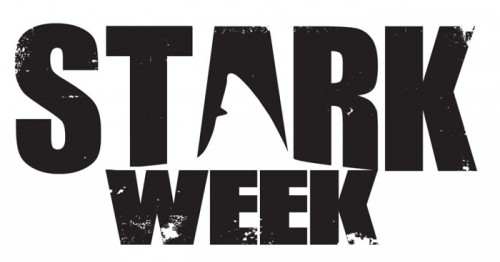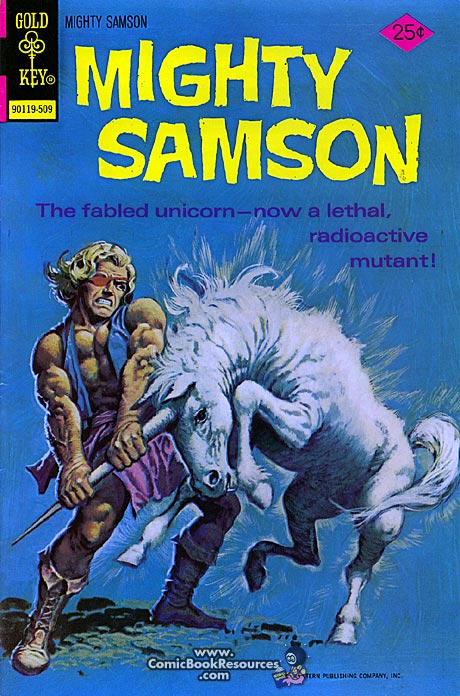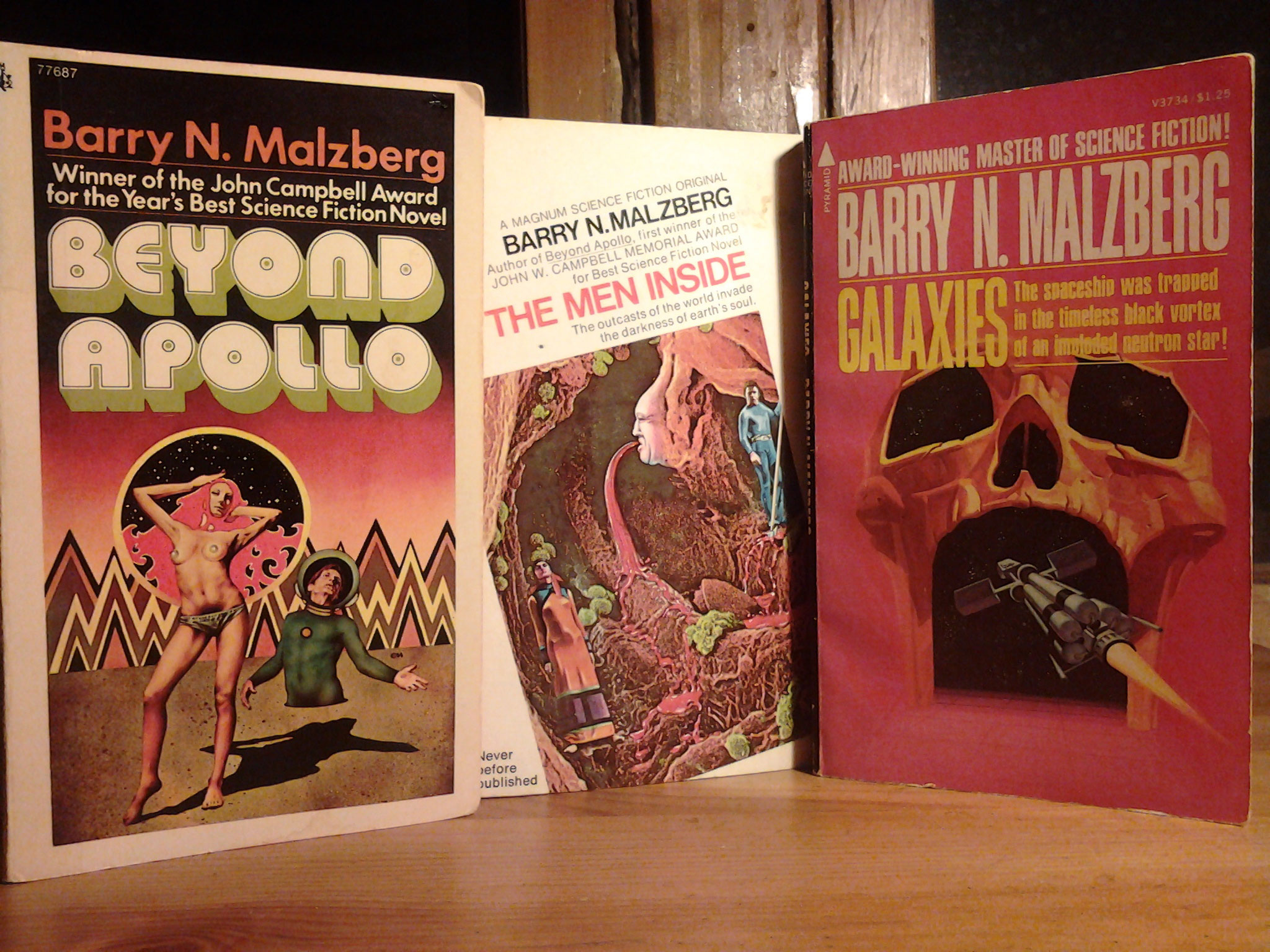STARK WEEK EPISODE #5: “the world can’t / hold / what is / the world / built for / exactly” — Melissa Broder on Starkweather’s LA LA LA

For Episode Five of STARK ATTACK A WEEK OF STARK ATTACKS, we move onto the second book of T4B with the firm and jubilant columns and poemreview joy of our own Melissa Broder talking about Sam’s LA LA LA. As an added bonus, we also get the last LA LA LA itself to accompany Melissa’s text!
 Joyce Carol Oates
Joyce Carol Oates
or someone
said don’t
put yourself
in the review
fuck that
even if
I wanted to
disappear
WHICH I DO
there is no
omniscient god
of reviewership
only the white goddess
and the poet
and a pair of eyes
trying to jump
‘if you love me
unlock your phone
see those two lights
on the sea
that’s me
that’s me
that’s me’
some people
you just know
will be ok
Sampson
Starkweather
the poet
is one
he says
his desire map
is running
out of room
mine is more
an ash mouth
either way
the world can’t
hold
what is
the world
built for
exactly
‘the more animal
the less pain…
stagger to the edge
of the woods
suck the poison out’
I have had
to rescue
myself
from the earth
and rescue
myself
from the ways
I rescued
myself
1000000 times
nobody gets
what they want
why not?
green paper
or something
something
‘blood on the keyboard
spiritual pop ups
dizzy by
bright lipstick’
I want to
disappear
but really
I want to stay
‘past black fields
that feel more
like memory
than memory can…
this life is super
fucking hard’
when you get
to the sky
there’s a sky
let me float
twice
once so
that I know
once so
I remember
Melissa Broder is the author of two collections of poems, most recently MEAT HEART (Publishing Genius, 2012). Poems appear or are forthcoming in The Iowa Review, FENCE, Guernica, The Missouri Review, et al.
LA LA LA EXCERPT BELOW THE JUMP!

July 17th, 2013 / 3:02 pm
25 Points: 3 Novels by Barry N. Malzberg (Beyond Apollo, The Men Inside, & Galaxies)
Beyond Apollo | 1972, Random House | 156 pages
The Men Inside | 1973, Prestige Books | 175 pages
Galaxies | 1975, Pyramid Books | 128 pages
(Note: all three of these books are out of print, but cheap used copies can be found. In Chicago, I bought Beyond Apollo for $2.95 at Myopic Books (in Wicker Park) and The Men Inside for $3 at Bucket O’ Blood Books and Records (Logan Square). Galaxies I purchased used through Amazon for $1.25 + s/h.)
1. On 15 August 2011, my pal Jeremy M. Davies emailed me and said that I should look for a book called Galaxies by Barry N. Malzberg because it was “seriously beyond belief.”
I’m ashamed to say it took me until earlier this year to pick up a copy and read it. However, once I got started, I finished it under 24 hours.
2. Barry N. Malzberg was born in 1939. Since 1968, he’s written at least 66 books, if not more. (He’s worked under ten different names that I know of, which complicates compiling a full list.) Dozens of them are science-fiction novels—at least in theory. He’s also written story collections, essay collections, movie novelizations, crime novels, and pornography.
3. Galaxies (1975) at first glance tells the story of a young astronaut, Lena Thomas, the sole crew member of the spaceship Skipstone. Her cargo is an immense tank of goo filled with 515 human corpses. It’s the year 3902 and a person can pay to have his/her body ferried into space after death in the hopes that cosmic radiation will revive them.
Midway through the voyage, the Skipstone falls into a black hole, and the majority of the novel’s plot deals with Lena’s attempt to escape the ensuing hallucinatory free fall. During that timeless time she repeatedly dies and is reborn, recalls her lover John, consults with cyborg engineers, and communes with the dead, who have psychically reawakened.
But that’s not really what Galaxies is about.
4. Rather, Galaxies is a work of metafiction, concerned with its own creation, and presented as Malzberg’s notes on how he would write the novel Galaxies, if only he could. (He maintains that the novel is impossible to complete with present knowledge.) As such, most scenes are outlined rather than dramatically depicted. For instance, Chapter 29 begins:
And here could run yet another moody flashback concerning Lena’s relationship with John, dropped in to provide color and poignance, augmenting the mood of despair. Long sexual passages here could alternate with painful streams of consciousness in the present. Sex and space, orgasm and isolation could run counterpoint, and the author’s gifts for irony, which are not modest, would be exhibited to their fullest range. Also, in the traditions of modern science fiction, the sex scenes could be quite titillating, render the novel some extraliterary interest. A construct like this could use all the extraliterary interest it could get.
But even that’s not really what Galaxies is about.
6. Rather, Galaxies is about what science-fiction should look like in the year 1975. Malzberg is surveying contemporary literature and asking: How should science-fiction respond to the then-recent literary experiments of John Cheever, John Barth, Donald Barthelme, Joyce Carol Oates, Philip Roth, and others?
7. I’m not making this up. On page 48 Malzberg writes:
For instance, as the ship falls, there could be some elaboration on the suggestion that neutron stars might be pulsars which would be most intriguing, if the reader has not been intrigued sufficiently by the notion that all of “life” as we understand it when we glimpse the heavens may be merely an incidental by-product of the cycle of neutron stars.
So there, Cheever, Barth, Barthelme, Oates. What in the collected works would touch that for angst?
8. Malzberg calls those authors out again on page 85:
“Madness,” Lena says, shaking her head, “that’s utter madness,” but the author, busily pulling the handles of this little dumb show, sweating behind the canvas, casting a nearsighted, astigmatic eye every now and then through the cardboard of the set to see whether the audience is paying attention, how the audience is taking all of this, is thinking take that Barth, Barthelme, Roth, or Oates! Pace Bellow and Malamud, and may your Guggenheims multiply, but what have any of you or those unnamed created to compare with this?
9. If I haven’t convinced you yet to spend $2–3 on a used copy of Galaxies, you might as well quit reading now.
April 1st, 2013 / 8:01 am
“AND NOW SHE’S ON TWITTER”
Pretty sure @joycecaroloates is the literary personage who most entertains me on twitter (closely followed by @breteastonellis).
Novel Writing, Cooking, Walking, Running

If you are a fiction writer, you will inevitably be asked when you plan to release a novel. If you don’t have an answer to that question, or if the answer to that question is, “I have no idea,” or “never,” other writers will look at you strangely. There is an expectation, for fiction writers, that your primary ambition is to produce novel-length work despite a professional education system (the MFA system) that, for better or worse, focuses primarily on the craft of the short story. The short story, while fairly popular in literary magazines, often seems beleaguered within the greater context of the publishing industry. There are lots of notions that the reading public is not interested in the short story and as such, there is less need for a genre for which there is not a significant audience.
Most of the advice about finding an agent implies that if you don’t have a complete novel draft or one well underway, you shouldn’t even bother with seeking representation because short story collections don’t sell. This mantra is repeated over and over although there is ample evidence that it is, indeed, possible to publish a short story collection. Certainly, publishing a story collection is more challenging, particularly with bigger presses, than publishing a novel, but I read collections regularly and don’t foresee that changing anytime soon. I cannot be alone in enjoying short story collections and finding them abundant. Nothing is ever as dire as the rhetoric implies until, of course, you have written nothing but several short story collections and they are sitting, quietly, on your hard drive, gathering virtual dust.
137 horses of the Elton John
Last week fucked around and got a triple double
1. Ice Cube rapped this. It is a way to make good art. “Fuck around” and you might stumble into a triple double. The lack of intent opens up the writer to odd directions. I think Perec “fucked around” into triple doubles. A triple double helps yourself and a larger idea. This is an admirable goal for words. I would like my writing to be like pick-up basketball, not a day at the office. Also I would like to dunk on Joyce Carol Oates.
2. Dude is a doctor and a writer and just won a $100,000 prize. That’s a good day.
2. The belief that the short story is a poor relation of the novel persists.
2. Nox versus Next in the quarterfinals.
2. Burnside Review chapbook contest is now open.
137. What book (s) are in the floorboards of you car right now? (I have Big World, Hitler’s Mustache, and an anthology of re-told fairy tales)
Literary Doppelgangers
WOODY ALLEN & JOYCE CAROL OATES

There’s a Woody Allen joke where he and a woman mutually undress in a hotel room, until he, without his glasses on, realizes he’s standing before a mirror. That woman, if there ever were one, would be Joyce Carol Oates, also near-sighted and pensive, self-conscious with dour eyebrows. Of the life-size bronze statue of him in Oviedo, Spain (a town he featured in Vicky Cristina Barcelona), let us hope he doesn’t undress before it. He also said “Don’t knock masturbation, it’s sex with someone I love,” which Joyce read as a rejection that fateful night in that hotel room, leaving her with nothing but time, and that chest-sinking task of writing too many novels to count.
Kanye West VH1 Storytellers

Man I am so excited for VH1 STORYTELLERS! I am so excited for it I originally typed VH! STORYTELLERS! My uncle was at the MEATLOAF VH1 STORYTELLERS! He said it was awesome because Meatloaf would be all like “Well, I was wanting to do YOU KNOW *audience laughs* with some hot girl and we were in my CAR and she was like ‘No I’m a Catholic girl who likes sex after marriage not BEFORE marriage because of JESUS and you should marry me and love me until the end of time,’ and I was like OKAY because I love baseball and baseball is a metaphor for everything and I wanted to hit a HOMERUN and by HOMERUN I mean, well, you know *audience laughs* and that’s how I came up with the song ‘Objects in the Rearview Mirror May Appear Closer Than They Are’ and here we goooooo” PIANO!
Joyce Carol Oates thinks you should get a life, is on suicide watch
 Random Undergrad Question-Asker: I was wondering what you think of blogging?
Random Undergrad Question-Asker: I was wondering what you think of blogging?
Joyce Carol Oates: Blogging? What I think of blogging?
RUQA: Um, yeah.
JCO: Well I think that anyone who’s worried about their blogging is wasting their time. Next question? READ MORE >
Mean Mondays: Semantic Help

A lot of terms get thrown around in this literary world, and people get confused. The following guide shall clarify once and for all the meaning of these terms.
“Sell out” vs. “Sold out”
‘Sold out’ means that the inventory of a book has been depleted, which is generally considered a good thing. It means that ‘the public’ likes you, and that your voice is ‘evocative’ and perhaps even ‘consequentially irrevocable.’ If you make 3 chapbooks and they ‘sold out’ to your mom, roommate, and best friend, your voice is not consequentially irrevocable, but a faint whine in the distance. ‘Sell out’ is a word less successful people use to denote someone who has experienced more success. This term implicates that the ‘sell out’ is a morally deficient person who, instead of the noble march towards truth (i.e. incomprehensible manuscripts), has opted to reap the rewards of a populist/philistine mentality (i.e. comprehensible manuscripts).
“Friends” vs. “Real Friends”
‘Friends’ is what you call somebody you don’t know who has contacted you by email, instant message, or via blog comments. The hyper-mediated ‘online’ experience of these friendships often feel better than real friendships, because in the latter, one has to deal with body odor, dandruff, and other aggravating physiological vicinities. It’s like porn vs. actual sex. Online friends are photoshopped, a blank canvas of fantasy.
“Upload” vs. “Load”
‘Upload’ is to save a file (jpeg, gif, doc, mpeg, etc) onto a server so that others can retrieve it either by ‘downloading’ it, or simply viewing it as an embedded file in a browser. “Load” functions as a prefix or suffix, as in ‘load of shit’ or ‘you are such a fat load’ (respectively). Keep in mind, overlaps do happen: A ‘fat load of shit’ often ‘uploads’ word docs into submission engines while emo music plays in the background. There is no hope for you.
“Editor” vs. “Dickwad”
I am an avid (rabid?) submitter. Once I write a story (often before proof-reading) I ‘blast’ it out to six or so journals. This is the result of a rare mixture of shamelessness, boredom, and narcissism. Now and then, 3 months later, an ‘editor’ writes back and says things like “the story doesn’t go anywhere, you are a mere stylist,” or worse, “thank you for your submission, but due to the large amount of submissions we get, we only had time to write this cruel and condescending letter.” A ‘dickwad’ is a ‘wad’ of something (usually semen-saturated toilet paper) which is dry-crusted to said ‘dick’ in a non-aesthetically compelling fashion. It is often difficult to distinguish an ‘editor’ and a ‘dickwad.’
“Bio” vs. “Autobiography”
A ‘bio’ should be about 2 or 3 lines. It should include five or less publications, the geographic location of the writer, and a link to a website. It is okay, however uninteresting, to include the names of children, pets, and spouses. An ‘autobiography’ is about 400 pages, detailing every small minutia of your desperate-for-fame life. When you include your ‘bio’ with a submission or publication, be sure to include your ‘bio’ and not your ‘autobiography.’
“Nepotism” vs. “Networking”
‘Nepotism’ is when your father or uncle (it’s a patriarchal term, hence the gender bias) uses his leverage within an institution to either secure a position or procure a benefit/material to you within said institution. For example, that Trump Jr. is the Vice President of Trump Corporation is an example of nepotism. Paris Hilton, while her funds are derived from the Hilton Enterprise, is not a nepotist as much as a cunt. ‘Networking’ is contemporary nepotism without the genealogy. For example, that I am a contributing writer for this pale green blog is an example of ‘networking.’








